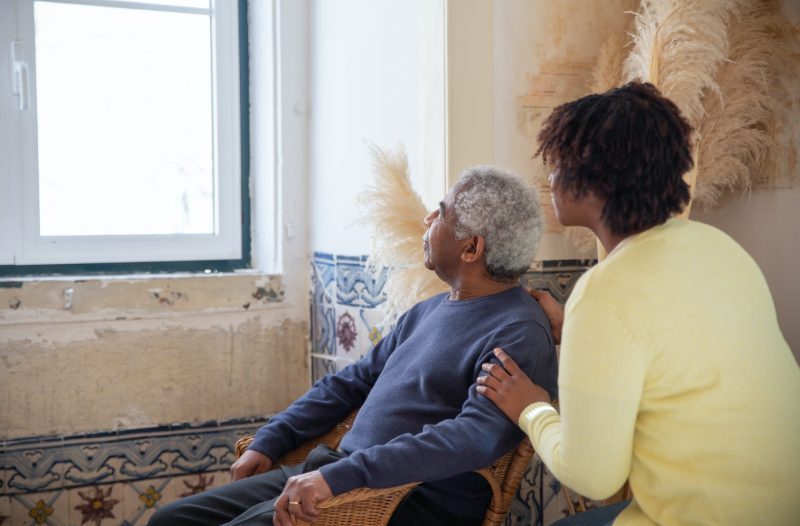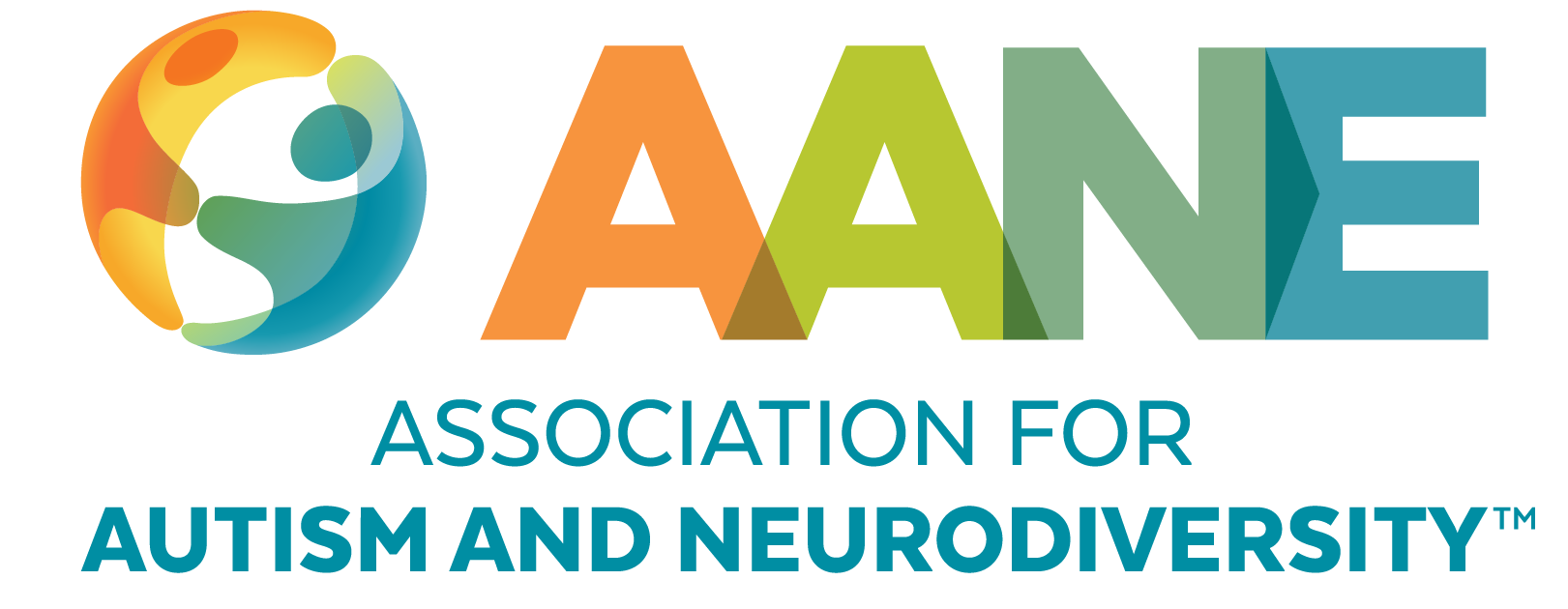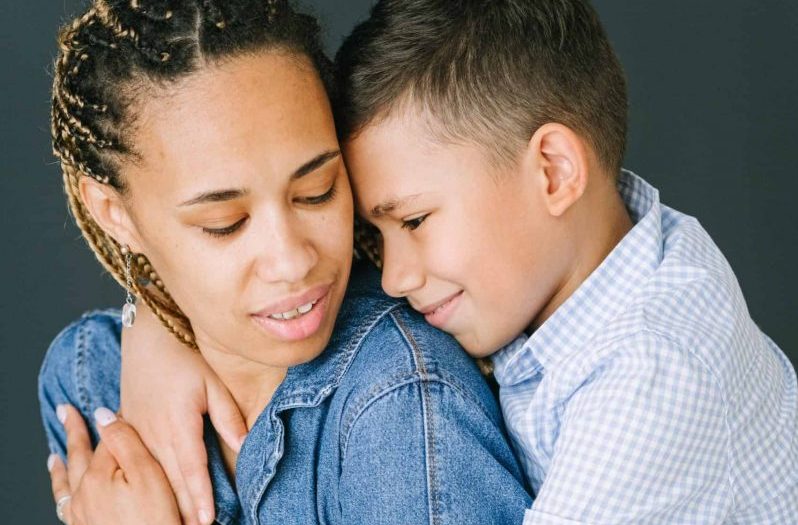
It’s a Family Matter
About the Author
Wilma Wake has an M.Ed. and Ph.D. in the Social Foundations of Education, an M.S.W., and an M.Div. and D.Min. in Pastoral Theology. During her years of ministry, she also developed a practice as a social worker where she began learning about autism and discovered she was Autistic herself. Wilma is a coauthor of the book, Older Autistic Adults: The Lost Generation, and her full-time practice of social work is focused on helping Autistic adults.

At 66, my life shattered like window glass into countless pieces. It was a sudden “knowing” that hit me while reading Rudy Simone’s Aspergirls in 2010. I was in shock, yet grateful to know I was autistic. Now, at 75, I’m not retiring from social work – I’m just getting started. Now I work with older autistic adults, their partners, and their families.
A Common Story
In my work, I see a familiar scenario play out repeatedly.*
Imagine a middle-aged woman, who I’ll call Glenda, comes to see me for counseling. She is a teacher, very bright, who reads a great deal. Several students in her classroom have been diagnosed with autism, and in reading about autistic adults, she, too, had a sudden “knowing.” We work together for several months going through the events of her life and comparing them to the criteria for autism. Eventually, it becomes clear to both of us: she is autistic. We explore how the diagnosis would impact her job and family relationships. One day she declares, “Grandpa’s autistic! I know he is! I’m certain my late father was too.” We ponder the question of whether she should tell her grandfather. She decides to start with some conversations with her mother. She slowly introduces the topic of autism to her mom – primarily by talking about her own explorations in therapy. At first Mom is insistent that her daughter couldn’t possibly be autistic. But slowly and patiently Glenda tells her mom about the diagnostic criteria, and Mom comes to see that it makes total sense.
Glenda and I decide she should wait a few weeks before asking the next question: “Do you think Dad was autistic?” Her mom says she always knew there was something about him. She loved him for his quirkiness, but he was always getting into trouble at work for not understanding how to work on a team. It didn’t take long for Glenda’s mom to conclude that her husband was probably on the spectrum. So Glenda asks the next big question: “So what about Grandpa – Dad’s dad?” Mom thoughtfully responds that she always felt her husband’s quirkiness came from his father.
Glenda and her mom returned to this conversation a number of times in the following weeks, and decide how to bring it up with Glenda’s grandmother at a family gathering. Glenda’s mom finds time for some chats with Glenda’s grandmother and shares Glenda’s recent diagnosis. Glenda’s mom explains it also raised questions about Glenda’s father and Grandpa. It turns out Grandma was so happy to have this topic out in the open. Grandma says it explains so much to her about the issues she and her husband have had during their life together.
In the weeks afterwards, Grandma finds the courage to raise the issue slowly with her husband. She talks about Glenda’s diagnosis and suggests some movies and TV shows for them to watch together. Grandma learns more and realizes autism was well-hidden in her generation. Grandma reflects that Grandpa was just seen as a hippie with a guitar going to peace marches. Social skills were pretty irrelevant among “peaceniks” and “hippies.” But in older age, he doesn’t have those things to hide behind.
Through the grandmother’s gentle education of her husband about autism, he starts to recognize himself. Through their granddaughter, I let them know about neurodiverse couple’s counseling. Through support groups and educational programs, the entire family is on a road to celebrating their neurodiversity and learning new ways to talk with each other.
All in the Family
This happens over and over again: one person discovers they are autistic, and they soon recognize it throughout their family. After all, autism is a family matter: autistic genes are hereditary. The younger a person is, the more likely it is they have had the opportunity to understand autism at a younger age and can better incorporate it into their understanding of family members. The older a person is, the more likely it is they grew up with ranges of prejudices. Those of us who came of age in the hippie era had so many ways of seeing “weird” as “normal.” Generations before ours, unfortunately, often saw differences as a mental illnesses or defects to hide.
So the older a person is, the more prejudice and fear a person may have about autism. But I don’t think it’s helpful to anyone to just say, “Oh, Grandpa is just weird; it’s who he is.” If he is autistic, then Grandpa learning about autism might cause a life-altering change in perspective for which he may be very grateful. And spouses and children and grandchildren may see new aspects of their life journey that brings understanding and communication to all the neurodiverse people in the family.
I was part of a team that did a study on autistic adults 50 and older**. Almost everyone was incredibly relieved to learn this information – and be able to review their life in the context of autism and a possible neurodiverse relationship.
To learn more about neurodiverse relationships, contact Grace Myhill at AANE’s Neurodiverse Couples Institute.
*Note: the family story in this article is the compilation of several different families with dates and identifying details changed.
Stay Current
Subscribe for AANE weekly emails, monthly news, updates, and more!





